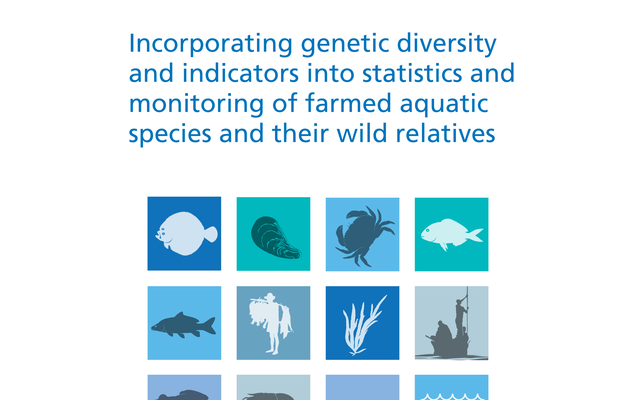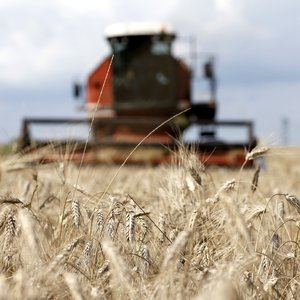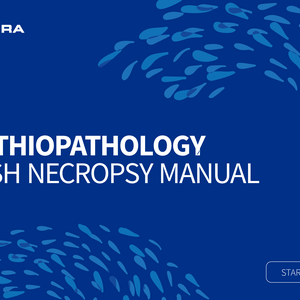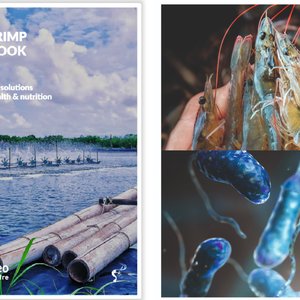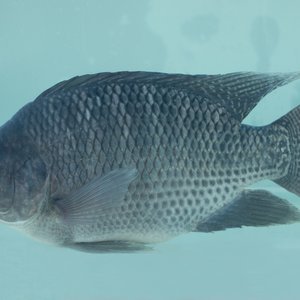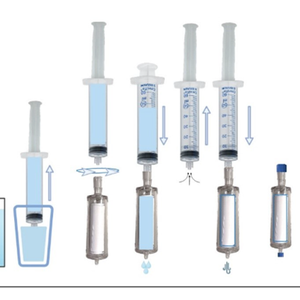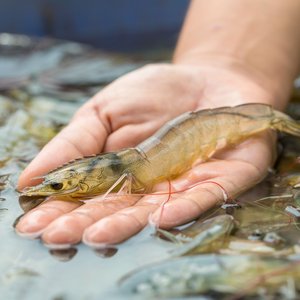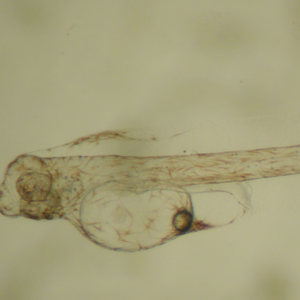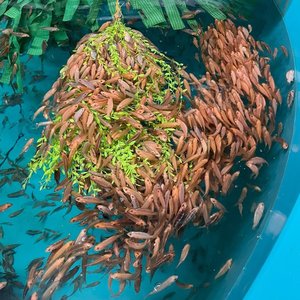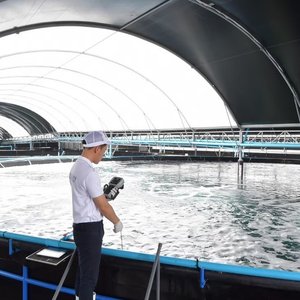The FAO Commission on Genetic Resources for Food and Agriculture requested the FAO undertake a thematic study to explore the incorporation of genetic diversity information and related indicators into statistics and monitoring of farmed aquatic species and their wild relatives. Such information is not readily available or accessible but can be extremely useful to resource managers, policy-makers, private industry and the general public.
Information on genetic diversity can also be used, inter alia, to help meet production and consumer demands, prevent and diagnose disease, trace fish and fish products in the production chain, monitor the impacts of alien species on native species, differentiate cryptic species, manage broodstock, and design more effective conservation and species recovery programs.
This FAO study reviews the issues around the availability and use of information on the genetic diversity of aquatic species.
Download the study below.
incorporating-genetic-diversity-of-farmed-aquatic-species-and-their-wild-relatives


